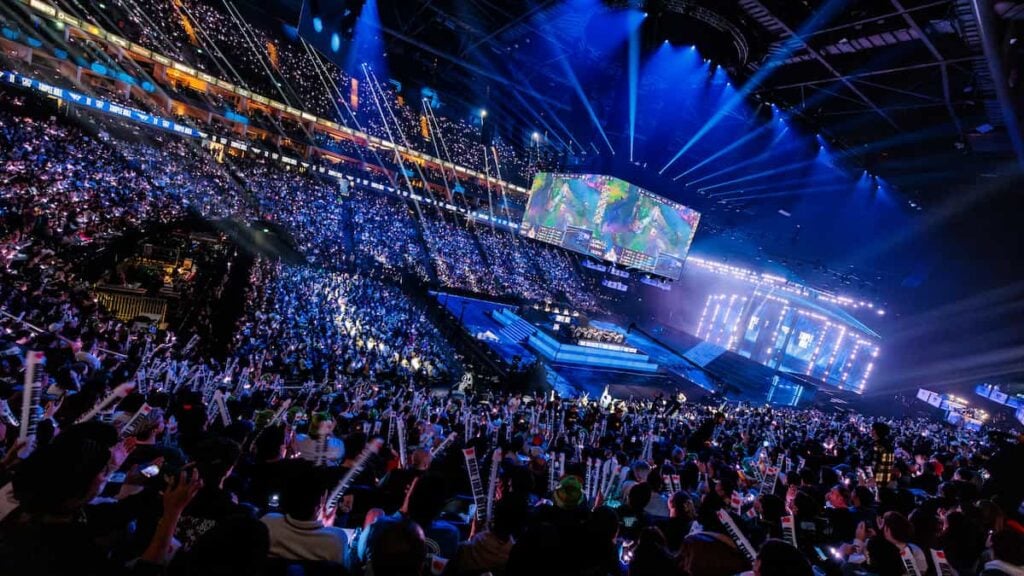
Brazil cracks down on fintechs tied to illegal betting platforms
- 글쓴이 : 경기도e스포츠협회
- 날짜 : 2025.07.31 17:54
- 조회 수 : 88
What impact will this have on esports betting in Brazil?

Photo by Shannon Cottrell via Riot Games
The Brazilian government is stepping up its fight against illegal online gambling, and this time, it’s turning its attention to fintech companies.
Finance Minister Fernando Haddad recently confirmed that several digital payment platforms are under investigation for helping unlicensed betting sites move money behind the scenes. These investigations are part of a broader initiative aimed at enforcing the country’s gambling laws and preventing financial flows to unauthorized platforms, which often rely on fintech intermediaries to process payments, making it easier for them to keep running under the radar.
Speaking to economist Eduardo Moreira earlier this week, Haddad said he has already alerted both the Central Bank and the Federal Police, as they build a clearer picture of how these fintechs are linked to illicit gambling operations.

It will be interesting to see what kind of impact these changes have on esports betting in Brazil. Photo by Adela Sznajder via Riot Games
“We’re already informing the Central Bank of fintechs that are potentially serving as vehicles for organized crime, money laundering, or worse. So there’s a lot to be considered. We’ll involve the Federal Police in this debate,” Haddad said.
“For four years, no one regulated advertising, no one collected taxes on bets. More than R$40 billion ($7.2bn) in subsidies went abroad, they bought crypto, bought dollars through fintechs. That money disappeared from Brazil,” he added.
This move follows Brazil’s formal regulation of online sports betting and iGaming under Law No. 14,790 enacted in December 2023. While the legal market continues to take shape, many unlicensed platforms have continued to operate in the shadows, often relying on digital payment services to bypass regulations.
Although the full scope of enforcement remains unclear, the government’s current approach suggests a multi-layered strategy, targeting both the operators themselves and the financial systems that support them.
These developments mark a significant moment in Brazil’s ongoing efforts to formalize and regulate its gambling industry, as authorities seek to ensure that both operators and their financial partners comply with the new legal standards.


